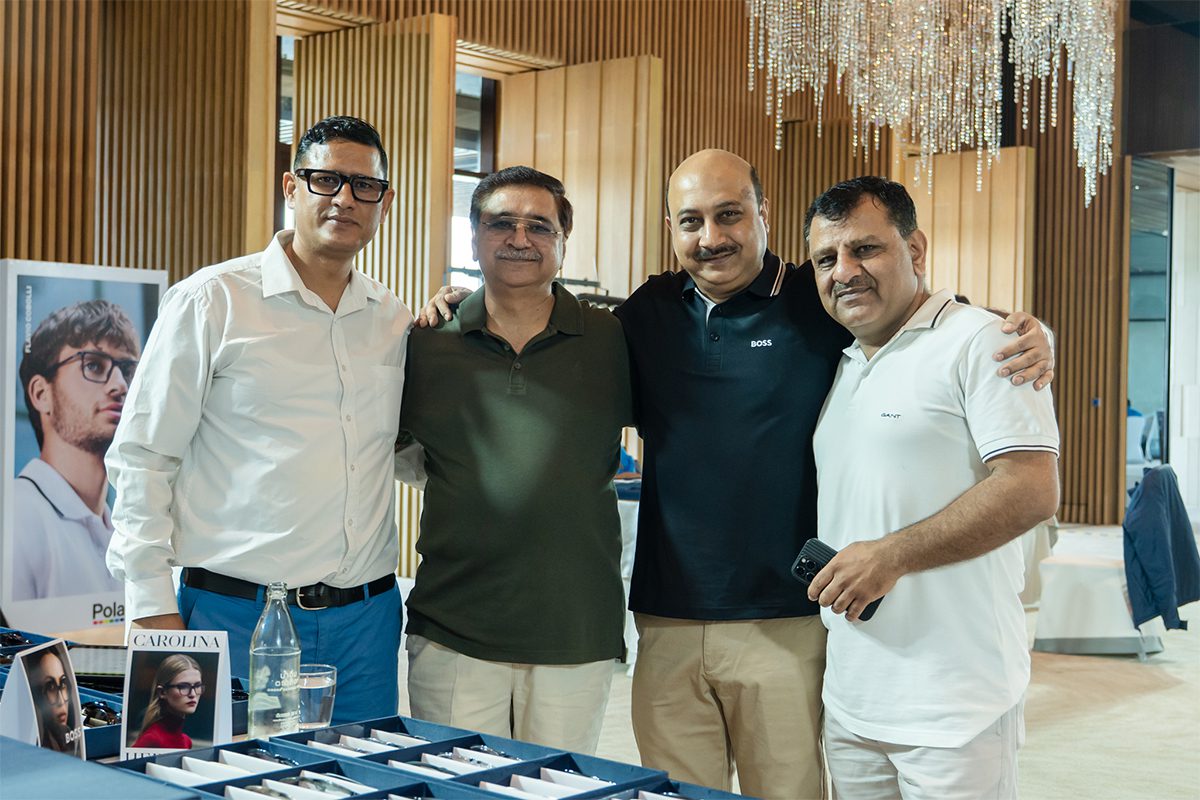This innovative, transparent polyamide will enable Safilo to increase the sustainability of its products across its wide brand portfolio.
Safilo will debut sun lenses made of TROGAMID® myCX eCO in January 2022 with the BOSS Spring Summer collection. This high-performance polymer will be progressively rolled out across Safilo’s portfolio, especially in its Made in Italy brands, further asserting the Company’s commitment to sustainability and its efforts to bring more recycled materials to the eyewear industry.
TROGAMID® myCX eCO is a sustainable high-performance crystal-clear polymer made from 40% biomass and 100% renewable energy, which results in a 50 percent lower carbon footprint. It offers a transparency of more than 90%, outstanding mechanical properties, resistance to stress cracking and breakage, thus also ensuring long durability and high safety of premium sun lenses or high-quality visors for ski and snowboard goggles, as well as excellent wearing comfort due to its low weight.
“Sustainability is an integral part of the Safilo’s business philosophy and firmly rooted in our company strategy: this is why partnerships with materials leaders like Evonik continue to be so important as we push the boundaries of sustainable materials and accelerate the industry,” declares Vladimiro Baldin, Chief Licensed Brand and Global Product Officer at Safilo Group. “We are excited to continue building on our longstanding partnership to add another building block to our sustainability journey and expect to expand the application of this compelling material to other brands in our portfolio soon.”
“It was particularly important for us to offer to a premium manufacturer like Safilo a sustainable polyamide whose properties differ in nothing from those of the TROGAMID® myCX they already use,” says Viviane Papa, who is responsible for Evonik’s high-performance polyamides granules and compounds business. “We at Evonik also follow a strong sustainability business philosophy and are working in many areas to make our products sustainable, but their quality must not suffer in the process.”












